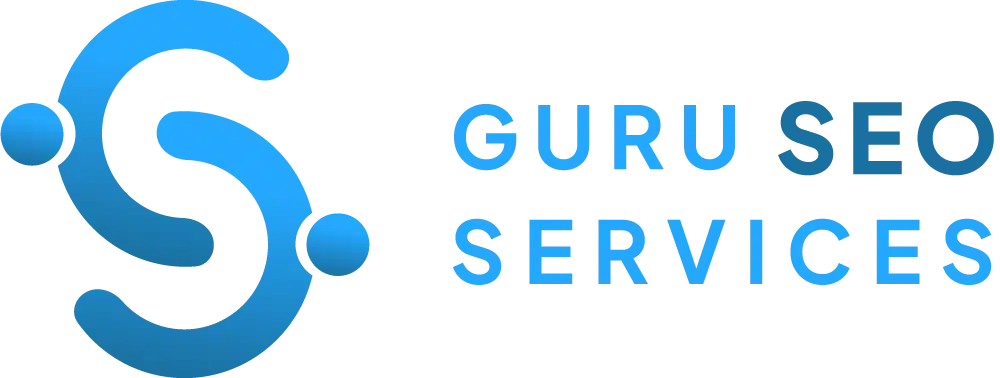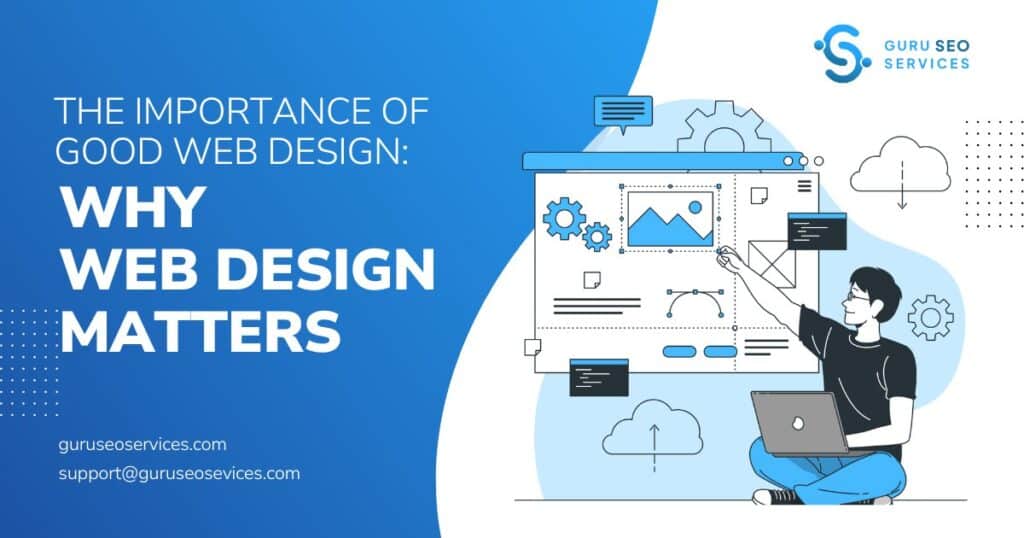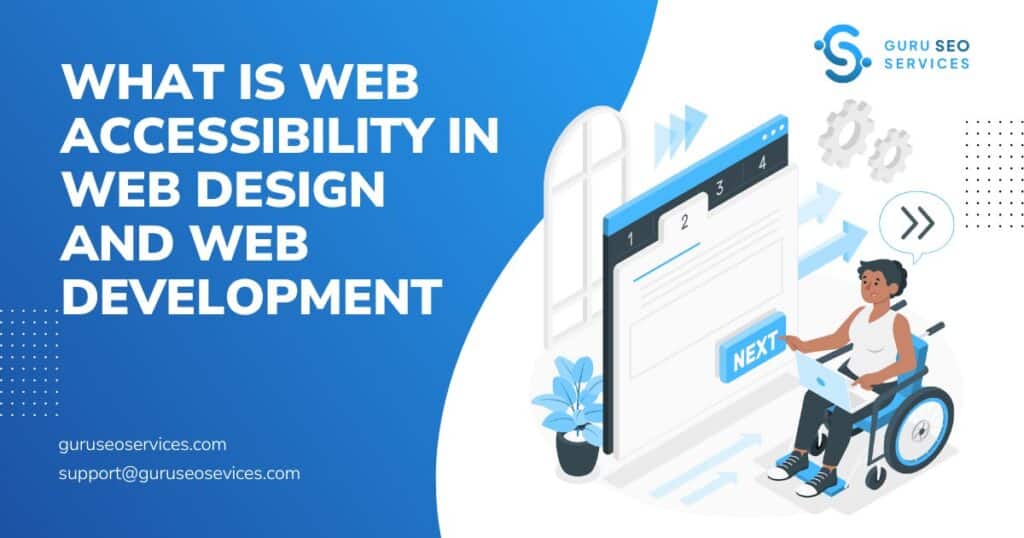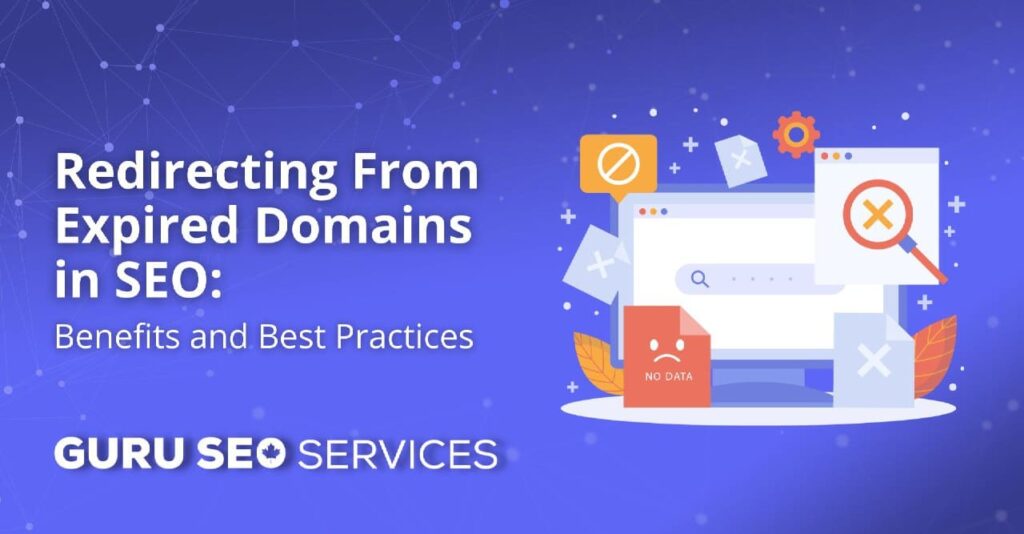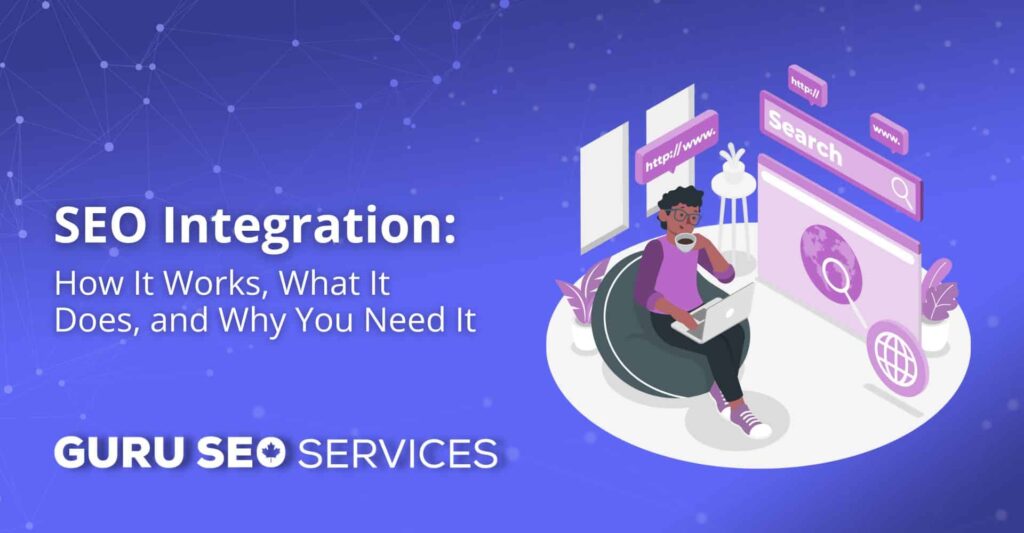If you are a beginner this is going to make a huge difference as it will not only build your foundational knowledge in SEO but also give you the confidence to press for more. And if you already know what it is, you can as well combine it with your archives and practices and be on your way to becoming an SEO expert
With the complexity and the ever-changing world of search engine optimization, as a website owner, you must understand the basics if you don’t want to be the only one that knows that your website exists.
What Is SEO?
The acronym, SEO stands for ‘search engine optimization. It is the process of making your website discoverable by a search engine. A practice geared towards increasing website traffic through organic search engine results. Simply put, all the strategies and techniques used to make web pages and their content easier for crawlers (search engine indexing software) to find, understand, scan and index a site.
One cannot dispute the fact that search engine optimization is as much about search engines as it is about people since it requires a better understanding of
- Searchers intent and
- Positioning your web pages in such a way that search engine crawlers can find, understand and index them.
In other words, everything needed to be done to improve a website ranking through organic search results is termed SEO.
Search Engine And How It works
A search engine is a software program designed to help users find answers to search terms by crawling into websites with relevant content.
It scans the Internet and indexes every web page it finds into an array of lists of results using specific algorithms. The list of sites presented to searchers after the unseen operation is what is called a search engine results page-SERP.
Search engines like Google, Yahoo, Bing, and the likes receive billions of search queries daily. And a better understanding of ‘what users are searching for, the answers they are seeking, the contents they would like to consume and the phrases they are using to ask these questions will help site owners know how best to do their SEO.
Every search engine commonly follows fundamental principles of crawling, indexing and ranking, although there seem to be differences in the way they provide answers to users.
New pages are discovered on the internet through a process called Crawling. Through crawling search engines use software programs known as web crawlers (also called spiderdots) which follow links from known pages to discover new ones.
Whenever there is a new web page, a crawler finds it through a known link, scans the page and sends it for indexing, which is the next stage.
This next stage has to do with storing the new content found in the search engine database known as “index”. The process of endorsing the content for storage is what we call Indexing.
Without indexing, your website cannot appear on SERPs but as long as it is saved in a search engine database it can be displayed for relevant keywords on search results.
The last common principle is Ranking.
The best results are selected and a list of pages is generated. This stage decides which webpage appears on the search engine result page, which one comes first and which one comes last.
Ranking on search engines is a big deal for all SEO experts. People are constantly searching for all manner of things related to your business, providing answers to their questions and helping them solve their problems will present you with a greater opportunity to connect with them and be a trusted ally. Search engine optimization ensures that you rank higher so that potential customers get to see you. In fact, most searchers do not have the time to flip over to the other pages, more reason why you should get your website on the first page of search results.
It is important to note that ranking signals are complex and change regularly, if care is not taken you can easily miss out on something. For instance, Google among others can make hundreds of changes to its SEO algorithms within a year. And when these changes are made most of the ranking signals are kept secret. This is where the bulk of work lies, where you have to put your expertise to work, make it to first SERP and get valuable traffic to your site.
Basically, Google is constantly looking for pages with high quality content relevant to the searchers keyword term. It determines quality by several means like how people engage with a site. Do they spend time on the site or do they just bounce back to the search page? Also, the number and quality of other websites that link to a site and its pages, the responsiveness of a site, uniqueness of content, and many more. Google evaluates all of these signals to provide an efficient user experience.
How SEO Works
When people hear ‘search engine optimization what comes to mind is ‘how to rank on Google search result page’. A lot has changed in recent years considering what we see on the result pages. Paid search ads, featured snippets and ‘people also ask’ are different features displayed on SERPs. Result pages are separated into organic search results and paid results.
Organic search results are answers provided for search queries based on their relevance, quality, authoritativeness and trustworthiness. They are natural results that rank on merit.
Paid results (or pay per click advertising) on the other hand, are ranked based on the amount paid. Advertisers bid for this section of the search result. So they are ranked by how much they are willing to pay peradventure when a visitor clicks on their website.
You don’t pay Google to get higher organic ranking the way you pay for search ads, SEO experts put in the work.
On-page SEO
On-page SEO involves using elements within your site to increase ranking and website visibility. It combines creating high-quality and making web pages search engine friendly for easy navigation. It strikes a balance between solving the problems of users and positioning your websites for web crawlers. On-page SEO involves optimizing:
- Content
- Website architectural design
- HTML
Contents
A piece of healthy content should be geared to carry the ability to meet human needs first, then search engines could come afterwards. Google, Bing, Yahoo and the like do not consume content people do.
Like it is commonly said “content is king” therefore, creating a healthy dose of content is a good starting point for SEO.
Ingredients of a healthy dose of content
Millions of content are crawled by web spiderdots daily but only a few make it to the forefront of result pages. Several recipes could be put together to build a unique body of content, here are a few of the most crucial ones.
- Users Intent
When people search for something, they expect the desired outcome. The job of SEO is to provide content that meets that desire in the format in which it is most needed. User intent could be transactional, informational or navigational. As a content creator, you need to understand if they just want to know about something (informational), if they are trying to buy something ( transactional) or if they are just window shopping.
- Quality
Creating content is not always an easy one but things are even better today as you can check what your competitors have and make better versions out of it. The quality of your version of content lies in your ability to add more value to the existing content hereby, creating what could stand out among others.
- Engagement
Unique web pages would always trigger meaningful user interaction. Bounce rate, the time visitors spend on your site, are engagement metrics that reveal audience behaviour. Are they staying long on your webpage or do they just bounce back to click on another site on the search results? How then can you keep visitors eyes on your page for long?
Videos, graphics, pictures and images should be incorporated into the content. It is not surprising today that people prefer watching 10 minutes video content to reading a 5 minutes article. This is because global online viewing is the new catch. Engage your audience with visuals plus, videos now rank on Google.
Website Architectural Design
Website architecture refers to the design and the functionality of a website. It should be designed for easy crawlability if not, it won’t be included in the index, which also means that it will never appear on search results. Therefore, an effective information architecture spans from website responsiveness (mobile-friendly and viewable on desktop), loading, and font size. And more importantly, loading speed. According to Martins Splitt, Google Webmaster Trends Analyst in his words he said: “your site should load quickly whether visitors are viewing it on mobile or desktop”. Sites that load faster will always have an SEO advantage and increase users experience since speed is a Google ranking factor.
HTML
The HTML tags are meant to organize information on your site and as well assist search engines to understand your web pages and their content. If you include images, infographics, videos or pictures in your content, the HTML tags give a concise description of what it represents. These tags include your title, headings, ALT text, schema, content shift and Meta description.
The meta descriptions give Google clues on how you would rather prefer your pages to be described. The alt text (or image alt) describes visuals like images, video and photographs because search engines do not see them the way we do. The juicy part is that mostly, Google may choose your meta description for featured snippets.
Off-page SEO
Off-page SEO involves using elements outside your website to generate traffic. This part of optimization is integral to SEO success. To deliver the most relevant results Google assesses your:
- Reputations
- Link
- Users location
Reputation
Establishing trustworthiness in the mind of searchers takes a whole lot of work, consistency and commitment. As it is much harder for humans, so it is for search engines.
People can still hold some special people, institutions, even websites in high regard, right? But search engines do not say in particular what signals it uses to assess reputation. However, holding on to strict standards, total commitment, originality, reliable information and consistency goes a long way in building a reputation.
Link Building
The first major ”off-page” used by search engines for ranking is link building. The fact remains that link building is still one of the main external signals for organic search ranking. Nevertheless, before linking out to other websites you need to consider their value. You should not gather links for ” link building sake” instead:
- Seek links only from websites with authority. Link out to trusted, relevant, reputable and quality content within your niche.
- Link out to pages with similar keywords. If your website uses keywords that are only related to “weight loss”, linking out to pages that talk about “trendy summer hats” is as bad as not linking out at all.
- Send notifications to those you link out with, especially bloggers and social influencers. In this way, you can get backlinks from them when they find your content useful.
Users Location
The geographical location of a searcher determines the search results that they see. People in your country, city or town may be looking for products and services in your area therefore, optimize your content to suit the country, religion, culture and language of where you are. To increase your visibility and generate more traffic within your locality, you will have to work more on your local SEO.
To start with, you should register your business on Google My Business so that you can appear in city-specific results.
FAQs
what does SEO stand for
Search Engine Optimization
How does SEO work?
There is nothing like “one way fits all” on SEO since not all businesses are the same, but there are some best practices that you should follow.
What is Off-page SEO?
Off-page SEO involves using elements outside your website to increase ranking and generate traffic.
What is SEO marketing?
It is a digital marketing strategy that is geared toward increasing a website’s presence in search results on search engines like Google. When you understand how SEO works, you can use different tactics to increase your visibility (or how high you rank) in search results.
How to improve SEO?
There are numerous suggestions on how to improve your search engine optimization (SEO) but to mention a few that works…..
- Publish Relevant, Authoritative Content
- Update Your Content Regularly
- Metadata
- Have a link-worthy site
- Use alt tags.
How to do SEO
There is no specified way on how to do SEO but a better understanding of Search engine algorithms will always guide on how best to go about it.
What does SEO mean
It is the process of making your website discoverable by the search engine. A practice geared towards increasing website traffic through organic search engine results
Can I do SEO myself?
You can do SEO yourself. All you need is some research and lots of practice, anyone can learn how to do SEO for their business.
Can I Learn SEO on my own?
Yes, you can, it is possible to learn how to do SEO on your own, you don’t have to be an SEO specialist or expert. If you know nothing, don’t get worked up over what is not, there is a lot to learn but with the right approach, you can get there in less than 6 months. The most effective way to learn SEO yourself is to enrol in a good SEO Course.
Can you learn SEO online?
There is nothing that cannot be virtually learned via the internet. You can learn SEO from the site below
- GuruSEOServices.com
- Web-Savvy-Marketing.
- Moz.com
- Search Engine Watch
- Webmaster World. …
- Search Engine Journal
- Search Engine Land
Do it yourself (DIY) SEO tools
- SEMrush
- Answer the Public
- Ubersuggest.
Mangools KWFinder
- Free Version: Moz Keyword Explorer
Do SEO services work?
Search engines like Google change their ranking signal constantly, SEO only works when you use the current best practices. When you do this, Google will increase your website’s ranking, leading to an increase in traffic and conversions. But when you do SEO incorrectly, you should not expect it to work.
Does amp affect SEO?
Amp is not necessarily essential for SEO but it can actually help SEO. Its benefits are only applicable to a few businesses.
Does changing the theme affect SEO?
Yes, it does. Your design, site speed, content formatting and structured data are all dependent on your theme. When the theme is changed it affects SEO to a great extent.
Does domain forwarding affect SEO?
Google will index virtually the two domains as duplicate content. Domain forwarding leads to permanent redirects and as such there is a high risk of duplicate contents and crawl errors.
Does google+ help with SEO?
Google+ like other search engine index contents and provide search results. Google+ pages and profiles can help your SEO. It’s a great marketing tool for influencers, companies and personal branding.
Does SSL improve SEO?
Recently Google announced that having an SSL certificate is one of the easiest ways to rank for SEO ranking.
Conclusion
There is a load of information here, I hope you get as much as it got to offer. Starting as a content market can be a bit cumbersome but no need to get worked up. With Constant practice and doing it the right way you will get there.
No shortcuts to SEO, go a mile further every time and be intentional about quality content.
